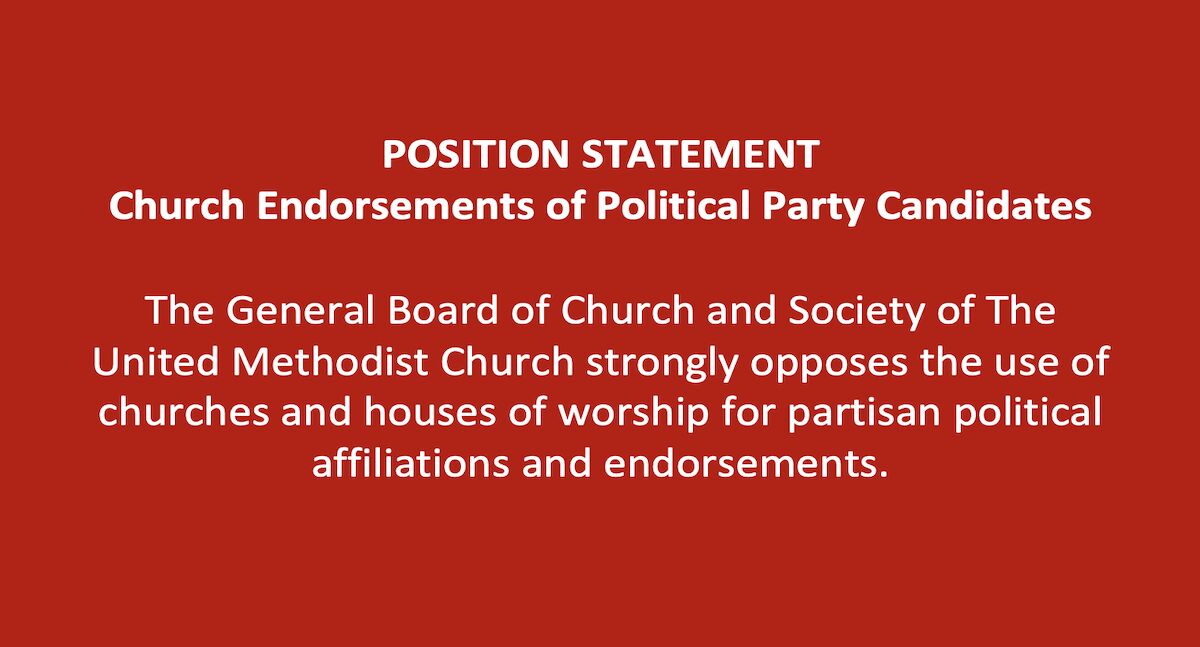TAKE ACTION: IRS Declares Churches Can Endorse Political Candidates Without Tax-exempt Status Penalty
In a July 7, 2025 court filing, The U.S. Internal Revenue Service (IRS) declared that Churches and other houses of worship can endorse political candidates in certain circumstances without risking the loss of their tax-exempt status, despite a decades-old Congressional statute that bans political candidate endorsements.

Background
The recent IRS political candidate endorsement filing is at odds with a law Congress passed more than 70 years ago that’s known as the Johnson Amendment and applies to all charitable nonprofits, whether they are secular or religious.
The rule was introduced by former President Lyndon B. Johnson (hence the name Johnson Amendment) in 1954, when he was serving as the U.S. Senate majority leader. It banned all tax-exempt organizations like churches and charities from “directly or indirectly” participating in politics, specifically in endorsement or opposition of candidates.
Critics of the IRS’ court filing say it is not about religion or free speech, but about radically altering campaign finance laws. The IRS decree could open the floodgates for political operatives to funnel money to churches in exchange for support of their preferred candidates, while receiving generous tax breaks at the expense of taxpayers who may not share those views.
What Do United Methodists Believe
Even though the formal relationships between religious communities and governments vary from country to country, as United Methodists, we generally affirm the independence and integrity of both institutions, and we advocate for a relationship of mutual respect in which neither institution seeks to dominate or unduly influence the other.
“While we do not believe churches should affiliate with particular political parties, we do encourage churches to speak out boldly on social issues from a gospel perspective. We further believe churches have a right and responsibility to educate and equip their members to be effective advocates for justice in the wider world.” (United Methodist 2025 -2028 Social Principles, The Political Community, Government Responsibilities, A., Church and Governments)
What You Can Do
- Review the 2025-2028 Social Principles, The Political Community, Government Responsibilities
- Read the Faith and Facts Card on Christian Nationalism
- Discuss this issue with your Pastor and Congregation
- Contact your elected officials in support of policies that do not cross lines between Church and State